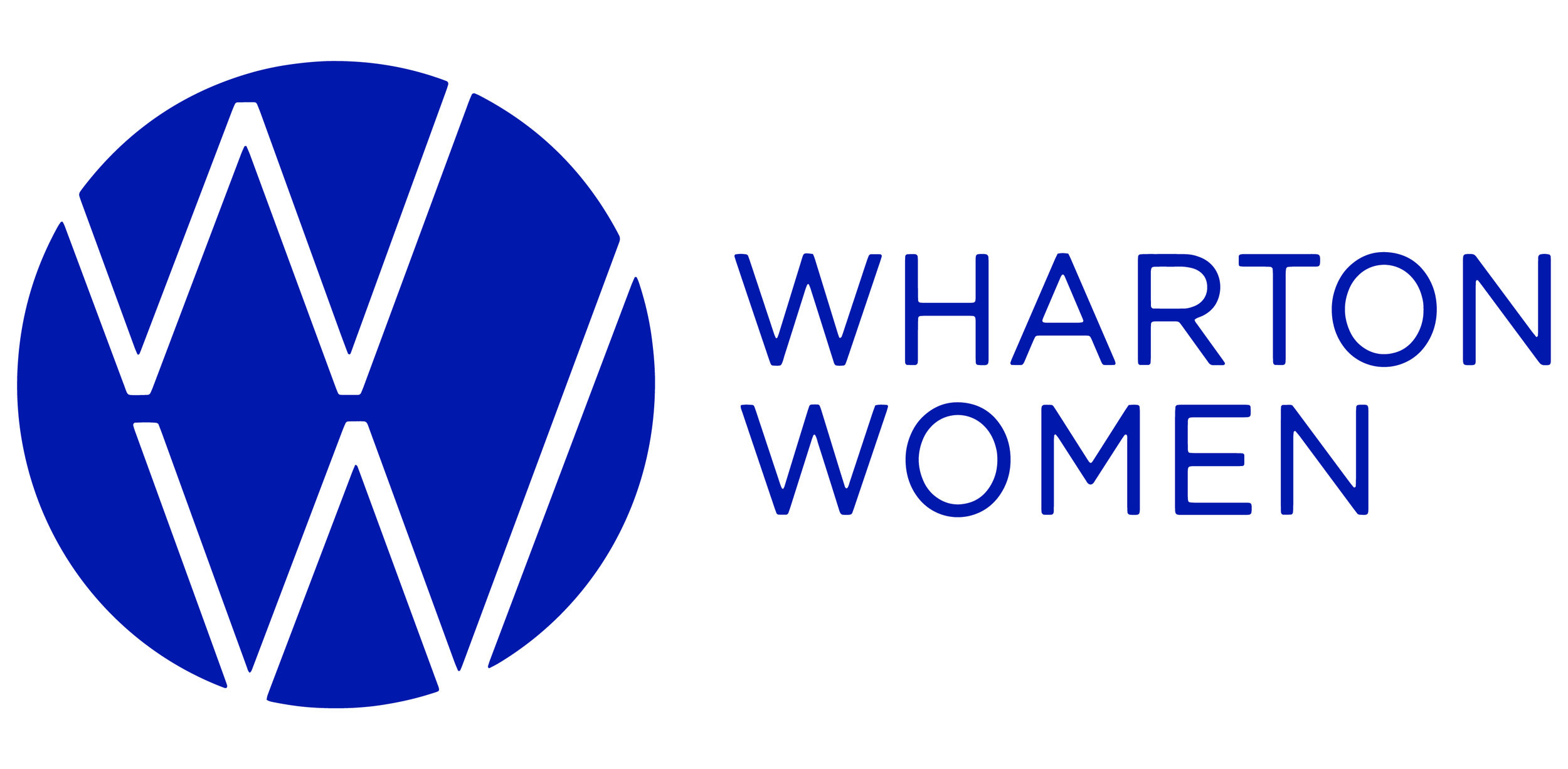The Power of Financial Literacy
Written by Ella Gupta (W’27), Edited by Elli Jin (C’27)
Learning how to manage money is an essential life skill, just like learning how to drive a car or ride a bike. However, despite the essential role that money plays in our lives, Next Gen Personal Finance reports that less than 25% of high school students who graduated in the spring of 2022 took a stand-alone personal finance course. While what we learn in school develops our critical thinking, which is absolutely important, much of it may not have direct pragmatic applications in our lives. Personal finance does.
When entering college, students are faced with a myriad of financial decisions that we may never have had to deal with before: how to finance our education, create a budget to effectively allocate our financial resources, and manage the salary associated with internships and a first job.
The pandemic underscored the vital importance of financial education. Due in part to millions of Americans facing unexpected layoffs and finding themselves in dire financial straits, nearly six in ten were poised to run out of emergency savings in 2020, according to CNBC. The pandemic magnified the alarming wealth chasm in the United States. While many students were able to continue school virtually, many economically disadvantaged kids lacked consistent access to computers. Social injustice and economic disparity are inextricably linked. This wealth gap has vast far reaching implications, manifesting in a gamut of areas including lack of access to educational resources and inadequate healthcare.
Personal finance is a matter of social justice and equality. By teaching students how to manage their money, you teach them that they have the power to control their financial resources, concomitantly shape their futures, and rise up. While financial literacy is not a panacea, it's a key tool to leveling the playing field.
Furthermore, financial literacy is key to overall well being. One of the main sources of stress in Americans’ lives is money. In fact, according to CNBC, 90% of Americans are stressed about money. Gen Z and younger generations cannot rely on pension funds or Social Security. Learning about personal finance in high school and college can set students up for success and prevent costly mistakes. If you invested $1000 annually in an index fund matching the S&P 500 and providing an 8% average annual return starting at age 20 you’d have $386,506 at age 65. Meanwhile, if you started at age 30 you’d have $172,317, less than half of the same sum, illustrating the power of time.
The conversation about money needs to change. It’s critical that we continue to engage in discussions about money and continue initiatives to educate students about personal finance, whether through legislation regarding personal finance in high schools or through providing students with knowledge and resources through on-campus organizations like Common Cents and Wharton Women.
